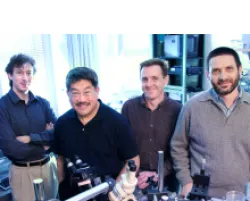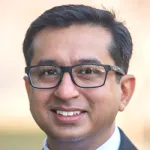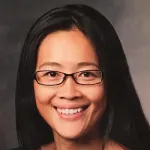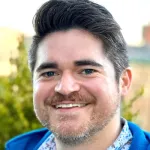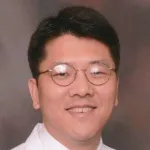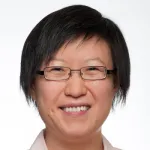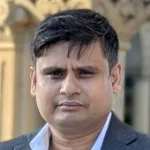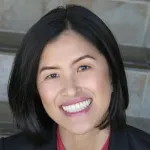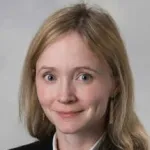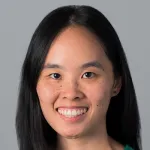
Emily Chan - Associate Professor of Pathology (Clinical Pathology)
Dr. Emily Chan is an Associate Professor of Pathology at Stanford University. She completed her MD, PhD at New York University and Anatomic Pathology residency with subspecialty Genitourinary Pathology training at University of California-San Francisco (UCSF). She is AP board-certified. Dr. Chan was a GU attending at UCSF for five years before joining Stanford to lead the Genitourinary Pathology Service and Fellowship. She has successfully mentored numerous trainees in projects, publications, and career planning. Dr.

